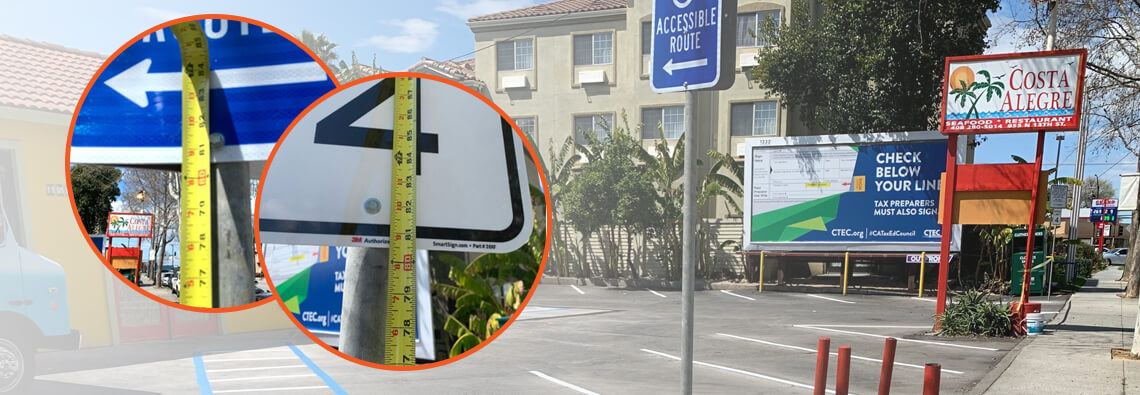
15 Feb 2021 By Admin
In July 1990, the Americans With Disabilities Act, or ADA, became law. One of the legislation's key elements was that any individual with a handicap or disability should have the same freedoms to go where they would like and get the service they require, just like a non-disabled person. The ADA brought with it regulations for public places, work environments, schools, and more to make them more accessible to disabled people. As a business or commercial property owner, you have a responsibility to make sure you comply with those regulations. If you are working on renovating your property, it may be wise to choose an ADA construction specialist to help ensure you stay compliant, thus avoiding a costly ADA lawsuit!
The ADA requires that public accommodations and commercial facilities remove any barriers that could hinder disabled people from accessing them. In theory, any contractor could work with these guidelines. However, ADA requirements can be complicated, and there is a tiny margin for error. The difference between 2% compliance and 2.5% non-compliance is a valid lawsuit and 1/16 of an inch over one foot; these are exceptionally tight tolerances when you are working with construction materials. Choosing an ADA construction specialist means that they are used to working with these guidelines and are better equipped to meet the requirements. In addition to this, many areas also have additional state or county laws that need to be considered. An ADA construction specialist in your area will know these requirements as well.
The ADA standards for accommodations must be observed anywhere considered by law as a public accommodation. That is privately owned spaces that are open to the public. This includes places such as schools, restaurants, retail spaces, banks, theaters, medical offices, and recreational spaces, among others. Employee only areas in these places may not need to adhere to all of the requirements. Still, any area open to the public must make reasonable changes to accommodate disabled people. Generally speaking, private clubs and religious organizations have an exemption under federal law, but some states, including California, have their own laws to increase accessibility, so using an experienced ADA construction specialist can help navigate this.
If you fail to meet the necessary ADA requirements, you could find yourself subject to an ADA lawsuit. This could potentially cost a lot of money and is generally something that your business should be looking to avoid. Civil penalties average around $55,000 for a first violation and $110,000 for subsequent violations. To be legally compliant, you must make an effort to make readily achievable modifications to your property to make it accessible. An ADA construction specialist can help you to determine how to remodel in order to be compliant.
--
Design | Build | Certified
Why Wait to be "Forced" into ADA Compliance. If you are a public business or public property owner, save money, lawsuits, time and headaches by being prepared and avoiding it all in the first place. It’s time to call in the ADA pros. Use Protrk, an ADA construction expert, to Get it Done Right Prior to Forced Compliance.
Call 415-813-9877 today or visit www.protrkconstruction.com for more details.
Being involved in ADA design and construction has given me the opportunity to help a lot of business owners and commercial property owners prevent costly ADA compliant lawsuits.
Owner & Founder Protrk®
Tested & Proven
Working For You
For ADA Compliance
The Right Call